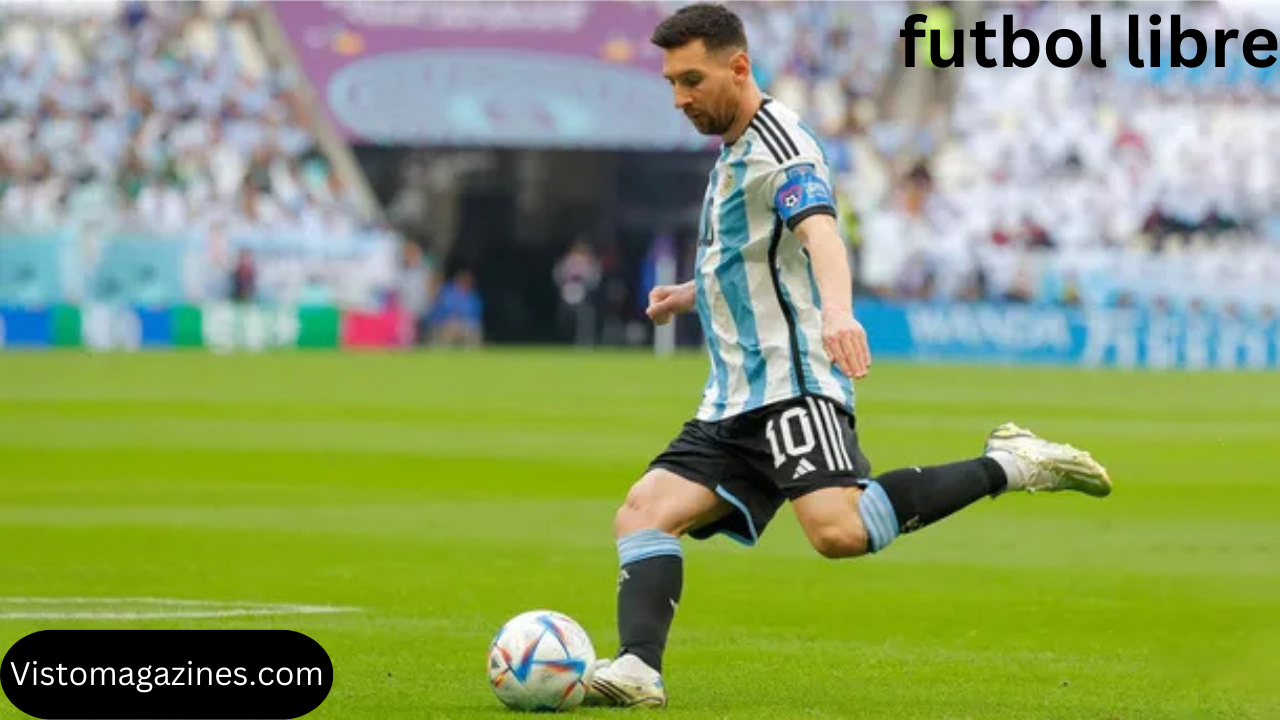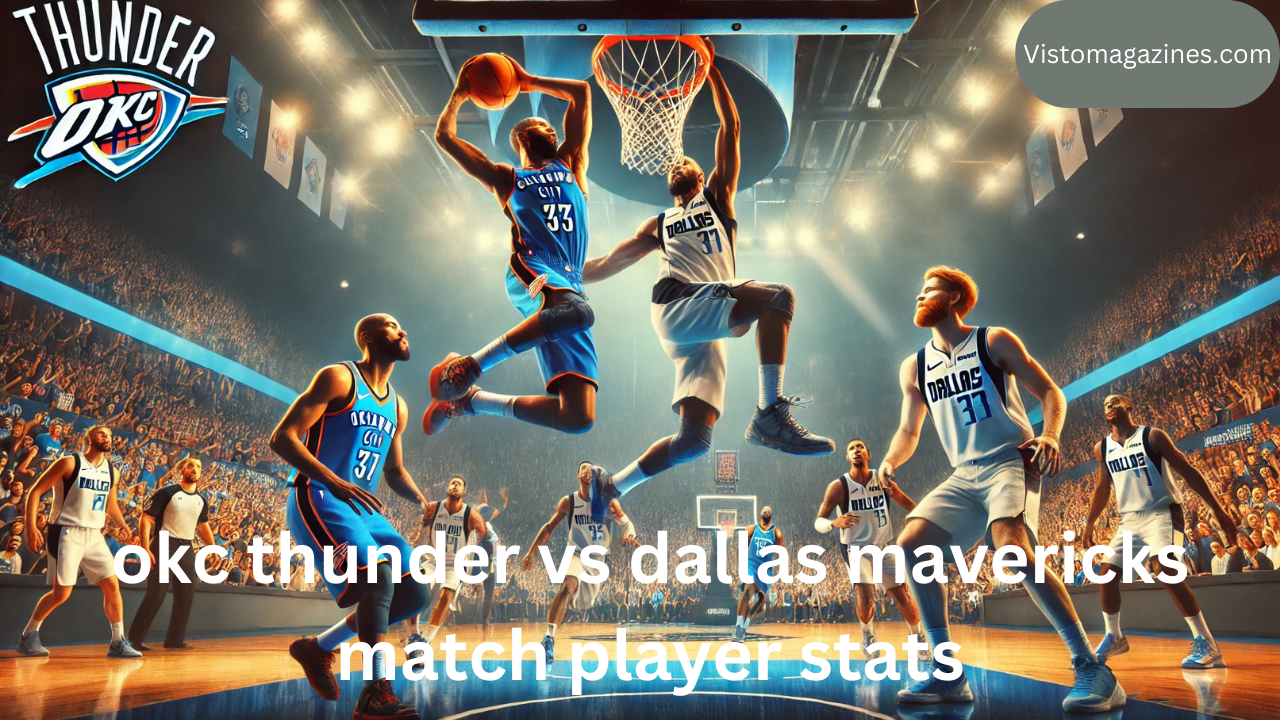Futbol Libre: The Passion, Culture, and Evolution of Free Football
Futbol Libre, a term that resonates with passion, community, and the love for football (soccer), represents the unstructured and organic form of the sport. Unlike professional leagues or competitive football, Futbol Libre embraces freedom and inclusivity. It is more than just a game; it is a lifestyle, an expression of joy, and a means of social connection. In this article, we explore the concept of Futbol Libre, its history, its impact on communities, and why it remains a cherished tradition in many parts of the world.
What Is Futbol Libre?
Futbol Libre, or “free football,” refers to informal, unorganized football played without the strict regulations that govern professional or semi-professional football. It can be played in parks, streets, or any open space where people gather. The game is often spontaneous, with no referees, no uniforms, and no formal teams. The focus is purely on enjoying the sport for its own sake, and the rules are flexible, allowing for creativity and fun.
At its core, Futbol Libre is about freedom: freedom to play whenever and wherever, freedom from competition pressure, and freedom to express one’s skills and passion for the game. Whether it is a small match between friends or a larger game involving several groups, Futbol Libre brings people together to enjoy the beautiful game without the constraints of traditional football.
The Historical Roots of Futbol Libre
Futbol Libre has deep historical roots in the global history of football. Football, as we know it today, evolved from various forms of “folk football” played across Europe in the 19th century. These informal, rudimentary versions of the sport had few rules and were often played in open fields or town squares. Over time, these local games evolved into the modern, organized version of football.
The concept of Futbol Libre is an extension of these historical roots, maintaining the grassroots, spontaneous nature of the early versions of football. While professional football has become highly commercialized, Futbol Libre continues to maintain the traditional, unstructured format that initially made football a popular pastime for people of all backgrounds.
The Culture of Futbol Libre
Futbol Libre is more than just a sport; it is a culture that represents community, inclusivity, and accessibility. One of the key aspects of Futbol Libre is that it is open to anyone, regardless of age, skill level, gender, or background. Whether you’re a young child learning to kick a ball for the first time or an experienced player enjoying a casual game with friends, Futbol Libre welcomes all players.
In many urban neighborhoods, Futbol Libre acts as a social bond, connecting individuals who may otherwise not have interacted. It creates a sense of belonging, a shared experience that transcends social, economic, and cultural boundaries. The game fosters friendships, encourages teamwork, and builds a sense of local identity. In many parts of the world, playing a casual game of Futbol Libre is a way to spend quality time with others, creating memories and experiences that go beyond just the game itself.
Moreover, Futbol Libre serves as a form of self-expression. Players are not limited by official rules or tactics; instead, they have the freedom to experiment with their style, flair, and creativity. This aspect of the game allows for innovation and fun, as players can develop their own unique techniques, tricks, and playing styles.
The Global Impact of Futbol Libre
Futbol Libre is not limited to any particular region or country. From the streets of Rio de Janeiro to the urban parks of New York City, Futbol Libre is a global phenomenon. It has become a universal language of the people, transcending borders and bringing together people from diverse backgrounds.
In countries like Brazil, Argentina, and Mexico, football is more than just a sport; it is a cultural pillar. Futbol Libre represents the soul of football in these nations, where the love for the game is deeply ingrained in the daily lives of its people. It is common to see groups of children or adults gathered in public spaces, playing with a ball and enjoying the essence of the game.
In Europe, Futbol Libre has a similar presence in urban areas, where young people form pick-up games in parks or on makeshift pitches. These informal games are often the starting point for many professional players, who begin their careers by honing their skills in the streets before moving on to structured training and professional leagues.
The Benefits of Playing Futbol Libre
Futbol Libre offers numerous physical, mental, and social benefits to those who participate.
- Physical Health: Like any form of physical activity, playing Futbol Libre helps to improve cardiovascular health, increase strength and endurance, and enhance coordination. It also provides a fun way to stay active, which is especially important in a world where sedentary lifestyles are becoming increasingly common.
- Mental Well-being: Engaging in physical exercise, especially in an informal and social setting like Futbol Libre, has been shown to reduce stress and anxiety. The joy of playing with friends or strangers, without the pressures of competition, promotes happiness and mental relaxation. Moreover, it can foster a sense of accomplishment, especially when players come together to work as a team or score a goal.
- Social Connection: Futbol Libre is an inherently social activity. It is often played in public spaces where people of all backgrounds and ages can come together. This communal aspect promotes social interaction and builds bonds among players. Whether it’s making new friends, developing a sense of community, or just enjoying time with family, Futbol Libre fosters a positive social environment.
- Skill Development: While Futbol Libre is not competitive, it still provides ample opportunities for skill development. Players can improve their technical abilities, such as dribbling, passing, and shooting, in a relaxed environment. The lack of formal structure allows players to explore their creativity and experiment with new techniques.
The Future of Futbol Libre
As the world of professional football continues to evolve, Futbol Libre remains a steadfast reminder of the sport’s roots. The increasing commercialization of football, with multi-million-dollar contracts and sponsorships, may lead some to question the authenticity of the game. In contrast, Futbol Libre stands as a beacon of the sport’s original, unpolished form, where the joy of playing is the primary objective.
As cities become more urbanized and public spaces become more limited, there is a growing concern that the future of Futbol Libre may be threatened. However, communities around the world continue to adapt, finding new ways to create and maintain informal playing spaces for people of all ages to enjoy the game. Whether it is a street corner, an empty lot, or a park, the spirit of Futbol Libre will persist.
The future of Futbol Libre also looks promising in the digital age. Online platforms and social media have enabled players to share their skills, experiences, and love for the game with a global audience. Social media challenges, freestyle football competitions, and virtual tournaments are all part of the evolving landscape of Futbol Libre, allowing players to engage with the game in new and innovative ways.
Conclusion: Why Futbol Libre Matters
Futbol Libre is a celebration of football in its purest, most accessible form. It is a game that belongs to everyone, irrespective of their background, age, or skill level. Through its unstructured nature, Futbol Libre brings people together, fosters creativity, and provides a platform for individuals to connect and express themselves.
In a world where organized sports and professional leagues dominate the media landscape, Futbol Libre serves as a reminder that the essence of football lies in its simplicity, freedom, and inclusivity. It is a game for the people, by the people, and will continue to thrive in communities across the globe for generations to come.
Whether played in the streets, parks, or beaches, Futbol Libre remains a testament to the timeless appeal of football and its power to bring joy and unity to people everywhere.



